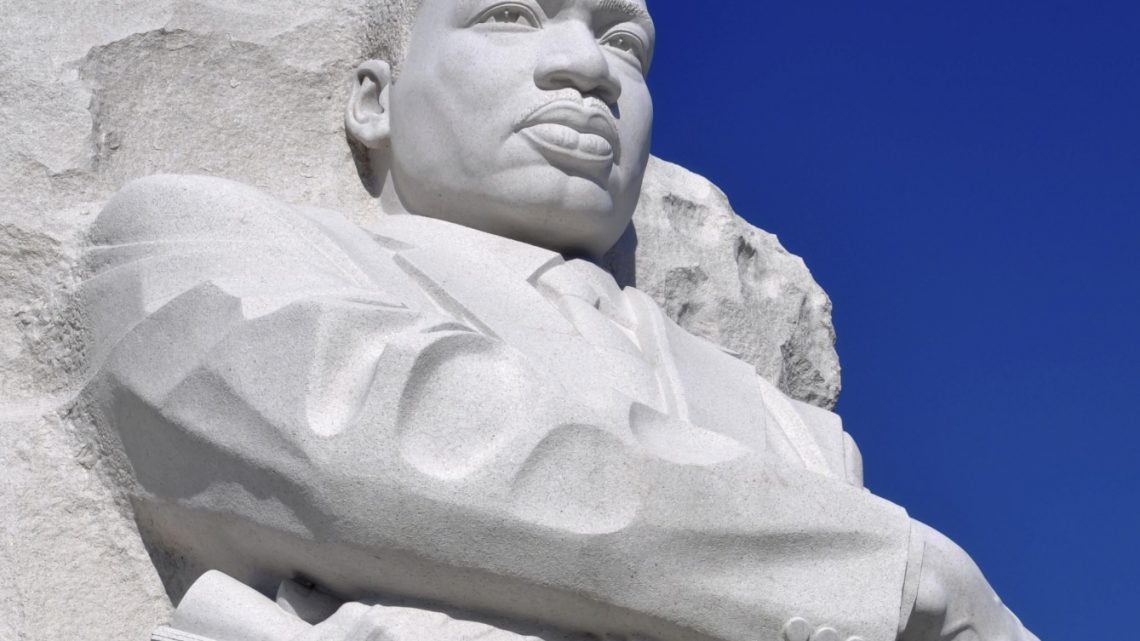Civil rights leader Martin Luther King, Jr. is enshrined in the hearts of African Americans, and white Americans owe him equal gratitude on this national holiday in his honor.
A century after the Emancipation Proclamation and a constitutional amendment supposedly liberated African-Americans, racism still pervaded our nation—and not just in the Deep South. Finally in the 1960s, equal rights came bursting forth; the only question was whether they would come peacefully or through societal revolution.
Understandably impatient at the slow progress of civil rights, some gave up hope and advocated violence. Dr. King withstood the strategy of black vengeance as resolutely as he stood up to the forces of white racism. Americans of every ethnicity owe him gratitude for keeping us on the pathway of peace and perhaps avoiding a second civil war. (King’s “Letter from a Birmingham Jail” should be required reading in all our academies, colleges and seminaries.)
More than 50 years after his assassination, Dr. King’s prophetic voice still cries out to America. His “I Have a Dream” sermon during the 1963 March on Washington is one of the greatest speeches in recorded human history. King thundered triumphantly: “Free at last! Free at last! Thank God Almighty, we’re free at last!”
Those words spoke to my own heart so emphatically that in 1970, two years after King’s death, I echoed his words on the little white decision card that I signed as a college sophomore during a week of prayer: “Thank God Almighty, I’m free at last!”
I determined to become something of an activist for racial equality, going down Sabbath afternoons past burned-out neighborhoods to the inner city of Washington, D.C. tutoring children and hoping to befriend their families. Through the past half century, I’ve tried to do my part to promote the cause of ethnic diversity. In 1993 it was my privilege, upon invitation from Seventh-day Adventist leaders in South Africa, to visit churches throughout that nation and encourage (or in some cases, admonish) them in dismantling racial apartheid.
I wish Dr. King had lived to see America celebrate a national holiday in his honor. Whatever our ethnicity, all of us can and should celebrate and, for Jesus’ sake, help consummate the great cause for which he gave his life.








